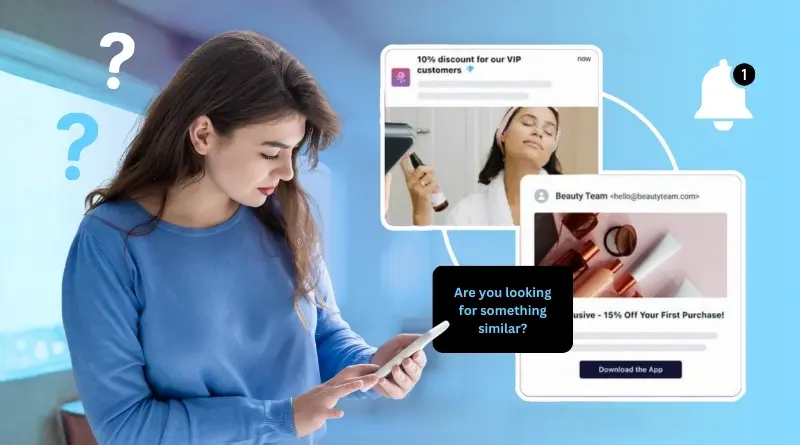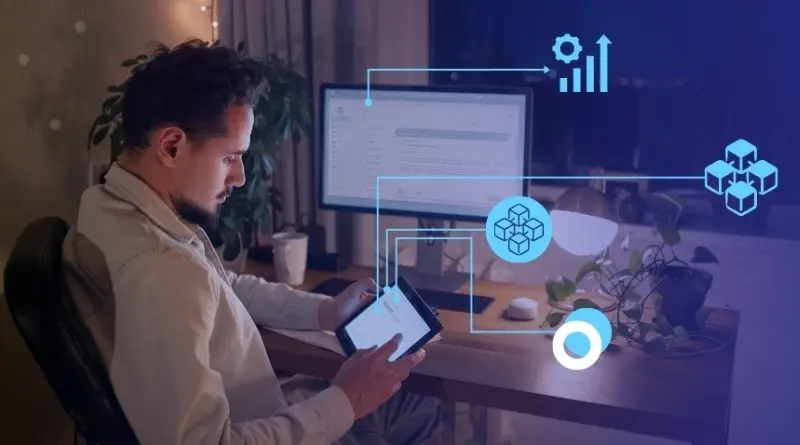What is the role of AI in contact centers in 2025?
AI is no longer a futuristic concept. It’s now at the heart of how modern contact centers operate. Whether it’s intelligent call routing, predictive analytics, or generative AI for customer conversations, businesses are leveraging AI to streamline operations, reduce costs, and deliver better customer experiences.
At UnifyCX, we see AI playing three key roles:
Automation
Handling repetitive queries and routine tasks, giving human agents more time to focus on complex customer issues.
Augmentation
Assisting agents in real time with suggestions, summaries, and intent detection to improve response quality.
Analytics
Offering predictive insights into customer sentiment, agent performance, and overall service quality.
How has AI improved customer service experiences in 2025?
AI continues to transform how customers interact with brands by making service:
- Faster: Virtual assistants and AI chatbots respond instantly, anytime and any day.
- More personalized: AI adapts solutions based on real-time customer data.
- Consistent: Experiences remain seamless across voice, chat, email, and social platforms.
For instance, UnifyCX’s AI assistant has helped reduce average response times by 40%, while also boosting first contact resolution through better sentiment recognition.
What AI technologies are driving the biggest impact in contact centers?

Some of the most influential technologies powering contact centers in 2025 include:
- Generative AI: Creating dynamic, human-like responses and automating email/chat interactions.
- Conversational Chat (formerly NLP): Understanding the true intent behind what customers are saying to provide more accurate support.
- Speech Analytics: Analyzing call recordings to support compliance, coaching, and performance improvements.
- AI-powered Quality Assurance: Automating quality checks and saving hours of manual effort.
Are human agents still essential in AI-driven contact centers?
Absolutely. While AI takes on a significant portion of repetitive tasks, human agents are still crucial for nuanced, empathetic, or high-stakes conversations. The technology enhances but does not replace human interaction.
At UnifyCX, we deploy AI-assist tools that work alongside agents. These tools provide support and insights in real time to create a seamless collaboration between technology and human expertise.
How is AI helping contact centers reduce operational costs?
AI helps contact centers operate more efficiently by:
- Encouraging self-service adoption through chatbots and voice assistants
- Reducing call volumes with proactive support
- Shortening average handling times with AI-assisted tools
- Boosting agent productivity through automation and real-time guidance
UnifyCX clients using AI-driven solutions have reported a 20 to 30 percent reduction in operational costs compared to traditional service models.
What are the challenges contact centers face when adopting AI in 2025?
While the benefits are clear, there are a few real-world challenges that organizations must address:
Ensuring that AI systems handle customer data securely and comply with laws like GDPR and HIPAA is critical.
Integration with legacy systems
Many contact centers still rely on older infrastructure, making integration complex and costly.
Change management and workforce readiness
Employees need training, trust, and support to adopt AI tools effectively.
Bias and misinformation
AI must be carefully managed to avoid generating biased or inaccurate content, especially in sensitive conversations.
At UnifyCX, we mitigate these challenges by maintaining a human-supervised AI framework. This ensures humans remain involved in training, monitoring, and fine-tuning AI behaviors for quality and accountability.
What does the future of AI in contact centers look like?
 Looking ahead, the next generation of contact center AI will become even more powerful and customer-focused. We anticipate:
Looking ahead, the next generation of contact center AI will become even more powerful and customer-focused. We anticipate:
- AI agents that remember customer context over time
- Real-time multilingual translation for global accessibility
- Deep personalization based on emotional and behavioral signals
- Integration of Augmented Reality (AR) powered by AI to assist with technical troubleshooting
The future is proactive, predictive, and deeply human. AI will power the experience, but empathy will continue to define it.



